Hypermobility or being “double jointed” refers to joints that move beyond the normal range of motion. It is very common in children. Most of the time, it is a physical characteristic that has no long-lasting harmful consequences. Many children who have hypermobility are in gymnastics, ballet or other forms of athletics where hypermobility confers an advantage.
How is hypermobility detected?
Your medical professional may ask your child to perform different maneuvers during a physical exam to determine the flexibility of knees, elbows, wrists, spine and fingers. This is known as the Beighton scale. It is scored 0 to 9, the higher the number, the higher likelihood of hypermobility.
When should hypermobility be evaluated by a medical professional?
If your child frequently reports pain or swelling with joints that appear “out of place” after little physical exertion, it could be a sign of a connective tissue disorder. Connective tissue is present both externally to help hold joints in place and internally within our blood vessels and gastrointestinal tract. Your child should be evaluated by a physician if he or she has episodes of joint dislocations or partial dislocations, swelling and frequent sprains. Additional imaging and subspecialty evaluation may be recommended.
Can hypermobility cause chronic pain?
Most of the time hypermobility does not cause symptoms. If the hypermobility leads to episodes of dislocations, it can certainly lead to pain and if repeated often enough can cause chronic pain. We discourage children from doing party tricks — intentionally moving their bodies in way that grosses their family and friends out. Over time, such behavior could lead to chronic pain.
How is hypermobility treated?
If the hypermobility is causing pain and impaired function, physical therapy provides education on joint protection strategies, proprioception (knowledge of where joints are in time and space so children do not unknowingly hyperextend), and in some cases orthotics.
If you are concerned about your child, please make an appointment with a pediatric medical professional.
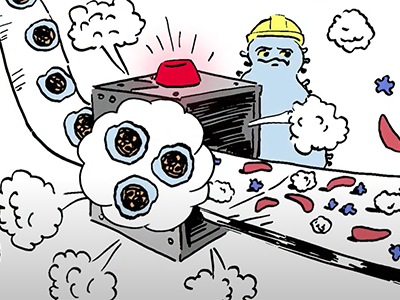 https://riseandshine.childrensnational.org/wp-content/uploads/2024/09/BMT-feature.png
300
400
Rise and Shine
https://riseandshine.childrensnational.org/wp-content/uploads/2017/11/childrens_riseandshine_logo.jpg
Rise and Shine2024-09-26 15:09:512024-09-26 15:09:51Blood and marrow transplant for sickle cell disease
https://riseandshine.childrensnational.org/wp-content/uploads/2024/09/BMT-feature.png
300
400
Rise and Shine
https://riseandshine.childrensnational.org/wp-content/uploads/2017/11/childrens_riseandshine_logo.jpg
Rise and Shine2024-09-26 15:09:512024-09-26 15:09:51Blood and marrow transplant for sickle cell disease


 Elisha Peterson, MD, FAAP, is a board certified pediatric anesthesiologist and pain medicine physician.
Elisha Peterson, MD, FAAP, is a board certified pediatric anesthesiologist and pain medicine physician.




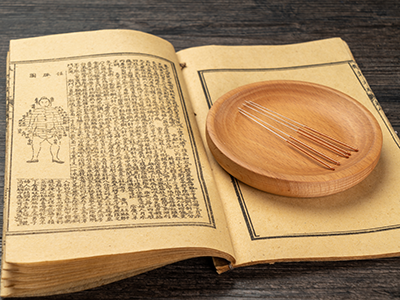
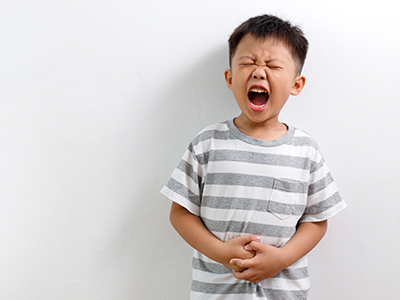
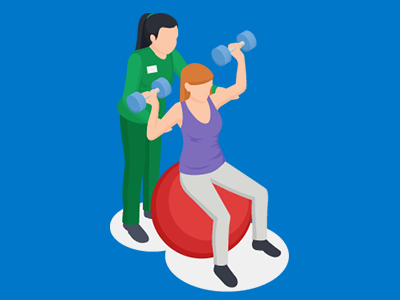
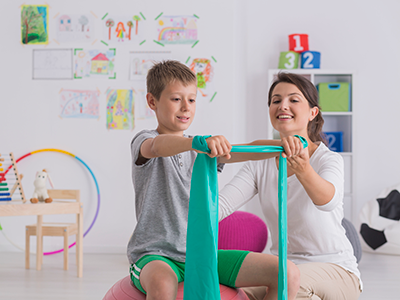
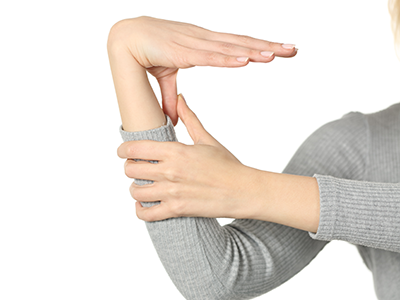

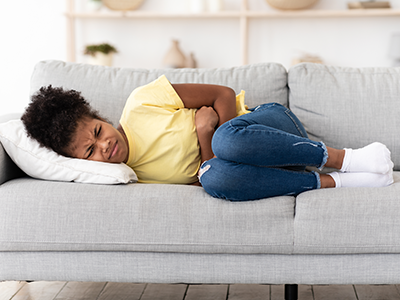

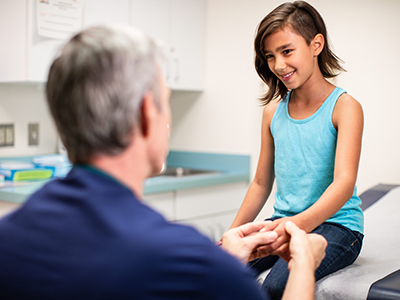


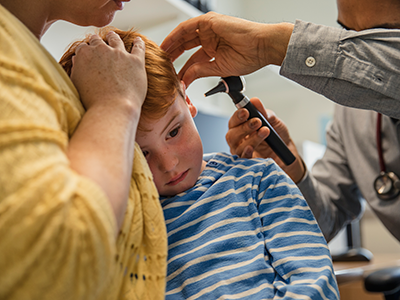
Leave a Comment
Want to join the discussion?Feel free to contribute!